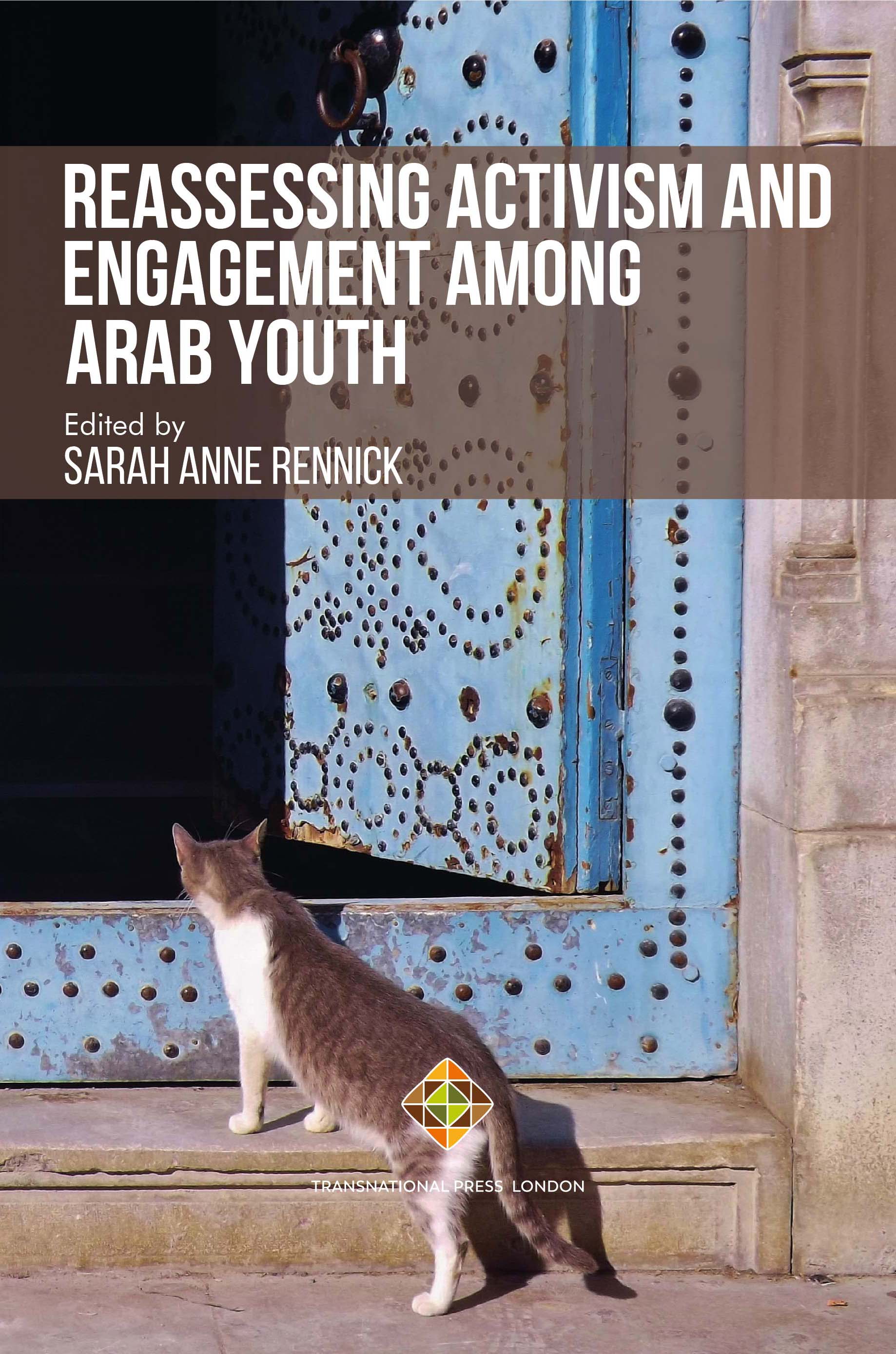Hybrid, Culture-Based, and Youthful: The New Political Commitment of Youth in Post-Revolutionary Tunisia
Hybrid, Culture-Based, and Youthful: The New Political Commitment of Youth in Post-Revolutionary Tunisia
Author(s): Mounir Saidani
Subject(s): Politics / Political Sciences, Civil Society, Governance
Published by: Transnational Press London
Keywords: Hybrid; culture-based; youthful; new political; commitment; youth in post-revolutionary Tunisia;
Summary/Abstract: In the last year of Ben Ali’s reign, pre-revolutionary Tunisia was officially proclaimed the ‘Year of Youth,’ with the politicians then in office once again putting forward political slogans focusing on a rapprochement with young people. As part of this endeavor, Ben Ali even went so far as proposing to the UN that ‘2010 be proclaimed as the International Year of Youth’ and that ‘a world youth congress be held [that year] under the aegis of the United Nations’ – an initiative adopted by the General Assembly in its 64th session. These efforts at outreach were being undertaken as young Tunisians were showing increasing signs of disaffection from various official political institutions, as attendance at cultural and youth centers under the auspices of the Ministry of Cultural Affairs (whose meager budget never reached the 1% required by UNESCO) confirmed. Importantly, this alienation was not solely a manifestation of antipathy towards the Ben Ali regime; even after the revolution, in 2014, the number of young people attending youth centers did not exceed 71,627 (47,106 boys and 24,521 girls) (Statistiques Tunisie 2013-2014). Indeed, official statistics show that attendance at the youth venues known as ‘Youth Houses’ (Maisons des Jeunes) and ‘Culture Houses’ (Maisons de Culture) was in fact much lower.
Book: Reassessing Activism and Engagement Among Arab Youth
- Page Range: 37-54
- Page Count: 18
- Publication Year: 2022
- Language: English
- Content File-PDF

